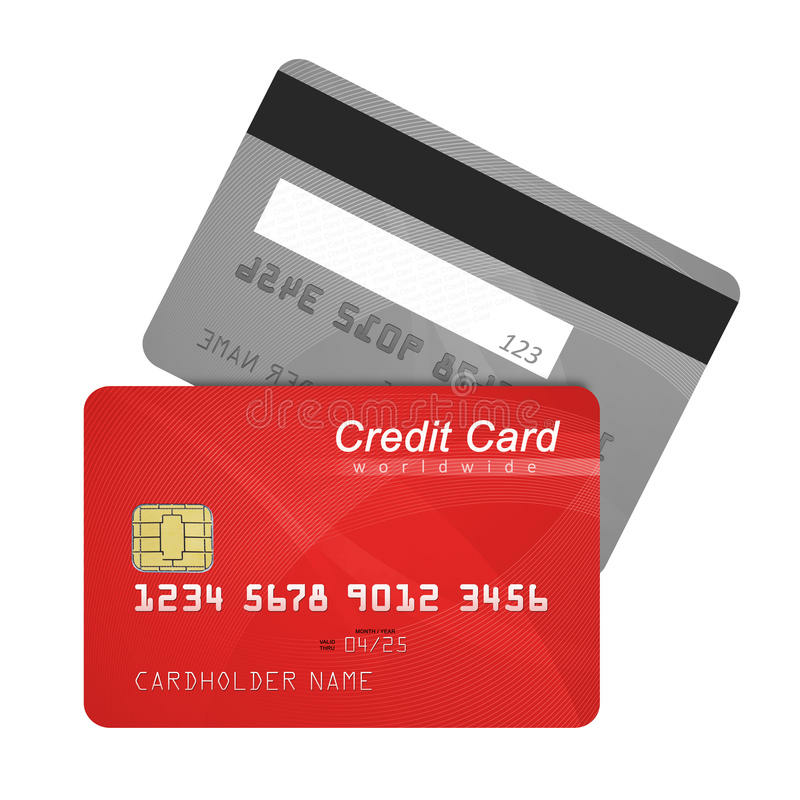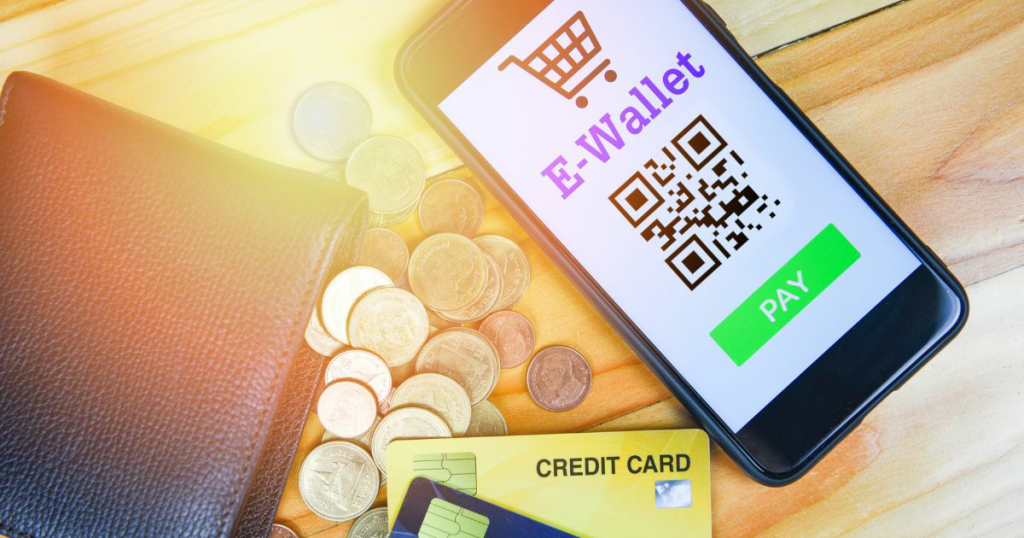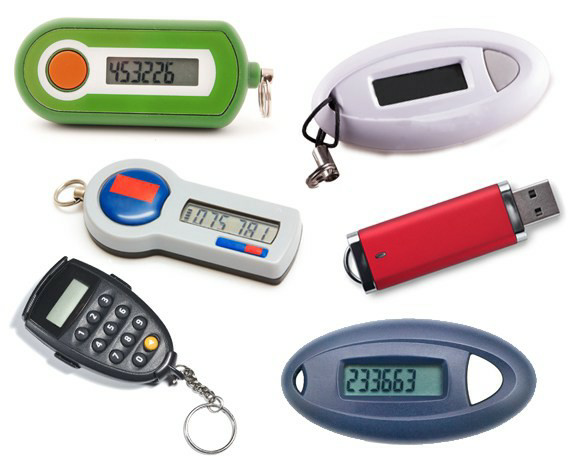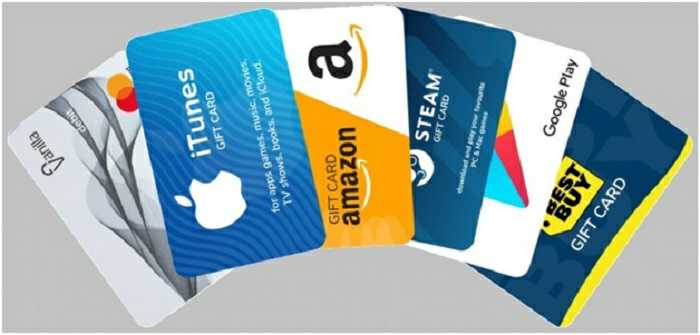IMPLEMENTING CASHLESS PAYMENT IN YOUR BUSINESS.
The rise of cashless transactions has transformed the financial landscape of Nigeria and the world. With the advent of several digital modes of payment, business owners are adapting to the shift and reaping the benefits of cashless transactions.
So what is cashless payment? Cashless transactions are conducted electronically without the use of physical cash. There are various types of cashless payment methods, such as credit/debit cards, e-wallets, mobile banking apps, UPI system, online transfer, and payment tokens.
When the business operations of most SMEs came to a standstill during demonetization, the businesses that had shifted to cashless transactions managed to curb losses.
The amenity and security associated with these payment modes are important factors in the downpour. With the recent introduction of several digital modes of payment in Nigeria and the world at large, business owners are slowly adapting to the shift.
In cashless transactions, payments are made or accepted without the use of hard cash.
Cashless payment systems implement products like credit or debit cards, point of sale (POS) terminals, direct debit bank transfers, mobile apps, mobile wallets, quick response (QR) codes, cryptocurrencies, gift cards, or vouchers, to execute transactions without the use of any physical money. With countries like the USA, Uk, Finland, Australia, Sweden, and some countries in Africa leading the way, cashless organizations are on the rise globally.
Most physical stores will still accept cash, but cashless shops are fast taking over too and will increase as time goes on. This is because it is ease, efficacy, convenience, and security facilitated by cashless methods, which have thrived on consumers during the COVID-19 pandemic era and have now become more than a trend, a key preference that’s here to stay.
Businesses can also increase efficiency and speed with cashless transactions, as they can say goodbye to waiting in line at a bank or an automated teller machine (ATM) to deposit and withdraw funds. It all happens automatically and without any delay, as digital transactions go straight from one account to the other.
Business owners and consumers both benefit from digital payment modes in various ways. Convenient and safe payment options are a key factor for prioritizing digital payments. Businesses can save time and increase accuracy, as there’s no need for staff to spend time on cash accounting and the margin for errors is reduced.
There are several different types of cashless payment methods utilized in Nigeria and globally including;
1. CREDIT AND DEBIT CARDS: this is a well-known way of making cashless payments online. The customer’s credit or debit card may be tapped or inserted using chip technology.
The limitation of this payment method is an availability of a swipe card facility (PoS) at the merchant’s end

2. E-WALLETS:
are another mode of online payment.
The E-wallet can be used to purchase products starting from groceries to airline tickets. To use E-wallets customers and merchants, require a smartphone with an active internet connection. The most popular example of an E-wallet is PayPal.
E-wallets can be used in places that debit/credit cards can’t, as not a lot of small businesses invest in card machines.

3. MOBILE BANKING APPLICATIONS
All now banks offer banking apps, with which business owners can transfer funds between bank accounts instantly. They can also view their account balance and transaction history at any time.
4. UPI (UNIFIED PAYMENTS INTERFACE) SYSTEM
This system enables instant transfers of funds between bank accounts. Users can send and receive funds once they provide bank details like their account number and mobile number.

5. ONLINE TRANSFER
To do an online money transfer, you need an internet banking facility. Online transfer using NEFT or RTGS is comparatively faster than cheque or DD. Online transfers can be done from anywhere using an internet facility.
6. PAYMENT TOKEN
The payment token itself is a unique string of numbers – a secure identifier generated from a PAN. Payment tokens are automatically issued in real-time and used online in predefined domains and/or payment environments. Examples include only e-commerce.

6. GIFT CARD
The next cashless payment method is a gift card. A gift Card is a readymade card and can be purchased from a merchant or the bank. The gift card is loaded with a fixed cash amount you can purchase any item from the specific vendor by using a gift card.

BENEFITS OF CASHLESS PAYMENT SYSTEMS
As a business owner, customer satisfaction is your main goal. And you want them to always come back to you when they need the product you offer rather than going somewhere else.
But processing customer payments can become an arduous and time-consuming process. In most cases, this is because the payment options you’ve offered are more convenient for you than for your customers.
Offering a variety of payment options will allow customers to choose their preferred method of payment, which will get them paid faster. Adding online payments to your options gives your customers the flexibility to pay through the option that is most convenient for them. Business owners and consumers can both benefit from digital payment modes in various ways.
Another benefit is, as there’s no need for staff to spend time on cash accounting at the end of the day and the margin for errors is bery is high, there’s a bonus in terms of time-saving and accuracy improvement.
ADVANTAGES OF CASHLESS TRANSACTIONS FOR YOUR BUSINESS
1. CONVENIENT
The feasibility of making and receiving payments is the key factor for prioritizing digital payments. Online payments rule out the necessity to carry cash, and they also save time, as business owners and customers no longer have to queue up for ATM services. Payment apps also help you keep track of your incoming and outgoing funds, which comes in handy while filing returns.
2. SAFETY
Digital payment modes are made secure with varying levels of encryption and data authentication. Most payment modes have enabled two-factor authentication (TFA) to add an extra layer of security. Also, it’s always easier and safer to carry a smartphone rather than to carry wads of cash.
3. DISCOUNTS
To boost the move towards a cashless economy, the government may decide to offer incentives and discounts for making online payments. The government can provide waivers on cashless transactions utilized for service tax payments, purchase of fuel, train tickets, highway toll tickets, and insurance schemes.
4. BOOSTS SALES
Cashless payments boost profits, as the business can make more sales in the same amount of time, but that’s not all: by analyzing individualized data, which is made possible by implementing a cashless payment system rather than physical money, businesses can get to know their customers better, and in turn, provide better services.
5. STRENGTHENS BUSINESS RELATIONSHIP
A close business owner-client relationship is important because it can create loyalty, improve retention, and ensure profitability.
IN CONCLUSION
By going cashless, businesses can trust that the level of security in their stores will easily and immediately increase: holding cash in a register or behind the counter lends itself to unnecessary risks, both from staff or robbers, whereas cashless and digital payments are designed to be safe and ensure a high level of security.



